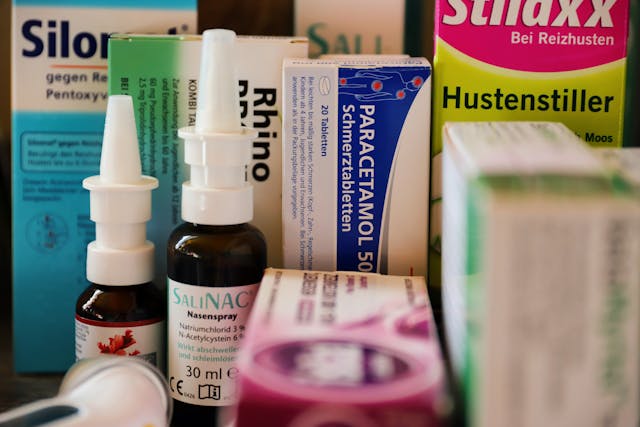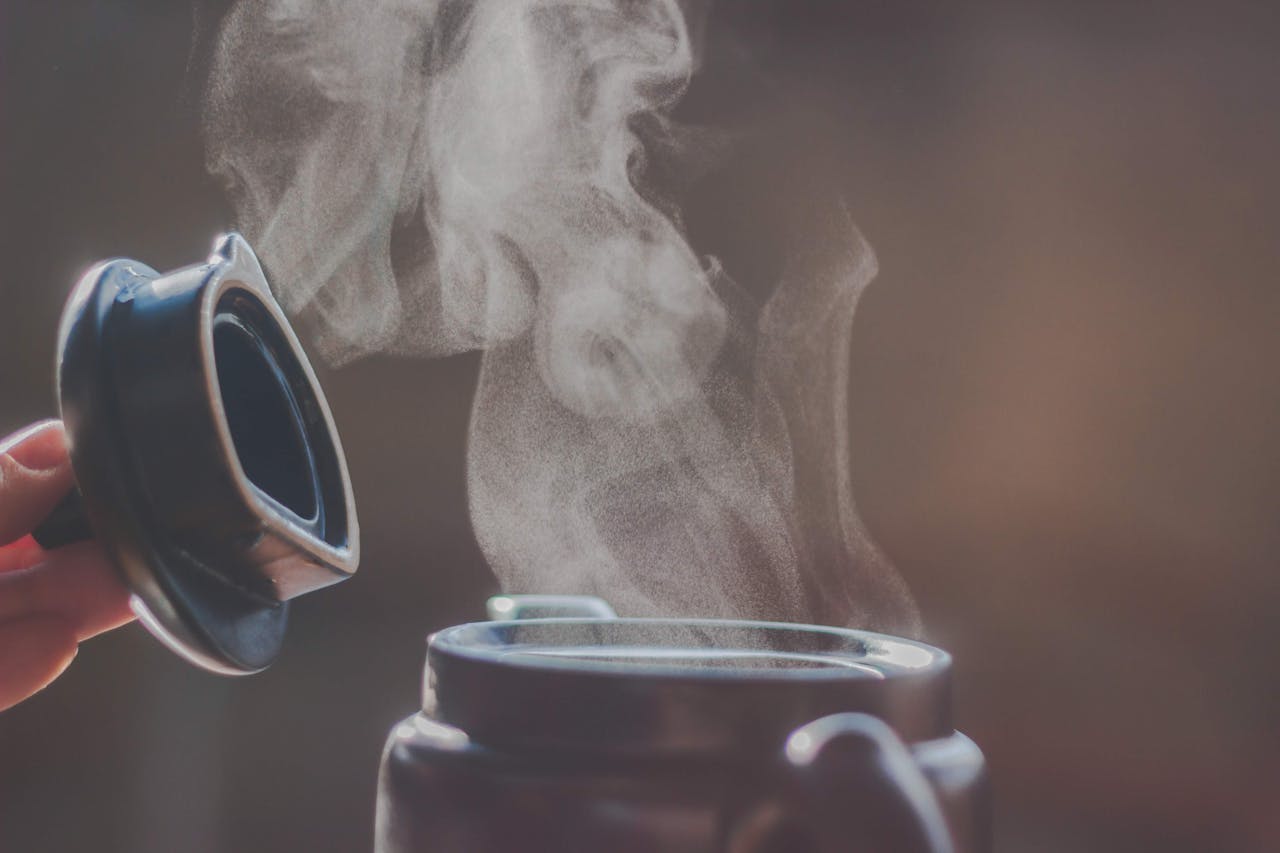Home remedies for dry nostrils may change your life.
Taking deep breaths early in the morning is the best way to charge your energy for the whole day, but what if breathing well is not that easy for some people suffering from dry nostrils?
Although dry nostrils might seem like a minor condition, they can cause uncomfortable problems, including itching, congestion, and bleeding.
The nose is lined with a mucous membrane that filters microbes and maintains the nasal passage moist.
When this lining becomes dry or irritated, it causes symptoms like itching, cracking, and bleeding.
Fortunately, Home remedies for dry nostrils can reduce symptoms and increase the quality of life.
This article will hit the nail on the head for the causes, treatment, and prevention.

Causes of dry nostrils
Before exploring home remedies for dry nostrils, let's examine the underlying reasons for nose dryness.
Dry air
Air-conditioned or heated spaces lead to low humidity in the atmosphere, which negatively affects the nasal lining.
Dehydration
There is no doubt that dryness has an impact on your whole body as well as these tiny nostrils.
Repetitive nose blowing
Frequent nose blowing caused by allergy or the common cold is one of the causes of dry nostrils.
Medications
Dry nose is a common side effect of some medications, like antihistamines and decongestants.
Overuse of a nasal spray
Excessive use of decongestant nasal sprays can irritate and dry out nasal tissues.

Home remedies for dry nostrils
Use a Humidifier
Having a humidifier in your bedroom will help create a humid environment and make the air you breathe less dry.
However, do not forget to clean it frequently to avoid the growth of bacteria if it does not have a self-cleaning feature.
It is better to locate the humidifier in the center of the room and make sure to keep it away from the furniture to avoid any damage.
Saline nasal spray
Saline water has soothing effects in moisturizing your nasal lining while cleaning any dirt or mucus.
Some people prefer to use gel instead of solution, and both of them are effective in lubricating the nostrils.
You can purchase it easily as it is available over the counter.
Petroleum jelly
Petroleum jelly can be used as a moisturizer with caution because if it enters the lungs, it may lead to problems.
Try to consider this method as the last option for Home remedies for dry nostrils.
Hydration
Keep yourself hydrated because low water intake will lead to dryness all over your body tissues, including your nasal passages.
Drinking plenty of water will restore your body's need for hydration.
It is recommended to drink about 8 to 10 glasses of water daily.
Tips: Herbal teas and soups can be calculated as part of your daily needs of liquids to stay hydrated.
Lubricants
Using oils for Moisturizing is one of the home remedies for dry nostrils.
It helps reduce the symptoms, and here are some options to use
olive oil
Natural oil with no side effects.
How to use:
- Clean your hands well.
- Apply a small amount of oil inside your nose using a cotton swab after dipping it in the oil.
- Repeat it up to 3 times during the day as needed.
Coconut oil
Use it the same way, but make sure to warm it up first to make it soft.
Almond oil
You can mix it with aloe vera to have better results.
Sesame Oil
Applying sesame oil inside your nose will not only soothe the inner part of the nostrils but also reduce irritation and pain.
For a bonus effect, you can also mix it with chamomile to relieve itching
Steam
Steam inhalation is a traditional method for Home remedies for dry nostrils.
Simply, you can enjoy a warm bath, surround yourself with steam, or spend some time in a sauna.
When you breathe in humid air, your nasal passages will be moisturized.
Another way to steam is by following these steps:
- Prepare a boiling water in a bowl
- Cover your head with a towel and position your face above the bowl.
- Take deep breaths for 5 to 10 minutes.
You can add a few drops of essential oils like eucalyptus oil or chamomile.
Prevention of dry nostrils
Although home remedies for dry nostrils are effective, the ideal solution is to prevent this condition from occurring by taking into consideration some points.
Avoid smoking or tobacco
Smoke contains chemicals that inflame the nasal mucosa, leading to bad symptoms of dryness and irritation.
Furthermore, smoke damages the tiny hairs inside the nose that filter pathogens.
Avoid irritants
Air pollution, dust, and strong perfumes are triggers that worsen the dryness of the nostrils.
Stay away from them to maintain healthy nasal tissues.
Tips:
- If you have to be in a dusty environment, do not forget to wear a mask.
- Use fragrance-free products
Maintain good breathing and blowing habits
Avoid breathing through your mouth because it will cause dryness in the nasal passages.
In addition, make sure to blow gently to avoid irritation and try to use soft tissues.
Keep your nasal passages moist
Make nose moisturizer a part of your daily routine.
Drink water
As we discussed earlier, hydration is essential to maintain adequate nasal moisture.
Treat a runny nose and congestion immediately
If you have the flu or a common cold, try to relieve symptoms with over-the-counter medications to avoid frequent blowing.
Do I need to see a doctor?
Most cases can be treated by home remedies for dry nostrils. However, you should consult your family doctor if
- You have been suffering from a dry nose for more than 10 days, and it is not relieved by self-care.
- There is a bad-smelling discharge.
- Frequent nose bleeds
In sum, Dry nostrils is a minor, common condition that is rarely serious.
It is caused by factors such as dehydration, dry air, and some medications.
Home remedies for dry nostrils are helpful in reducing the symptoms and maintaining nasal health.
Prevention strategies include drinking an adequate amount of water, keeping the nasal passages moisturized, and avoiding irritants to help avoid nose dryness.
Read more about:


You must be logged in to post a comment.